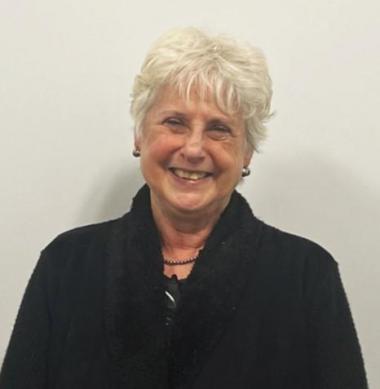
What I had to do was face down the union and get them (the workers) working to the clock, not to the rate, and that was bad. It was really bad. First of all, they didn’t want a woman in a man’s job. Reason: You find out how much more they’re making than you. I made less than the men on the floor. I was the Head Foreman which meant the men on the floor reported to a supervisor or leader who reported to a foreman, and the foremen worked for me. And I got less than the guys on the floor......I knew that we were paving the way. And I remember one time at Strathmore Paper, one of the people in personnel was a woman. She said to me, you know, when I was feeling particularly bad, she said, “Remember we are not doing this for us. We’re doing it for our daughters. So that when they encounter work, it’ll be better for them. Remember that.” And you know that was my goal. If I can’t have it, you know, at that point I didn’t know if I’d have a daughter or not, but I have a niece and I have a grandniece and I can make it better for them. Because, we (women) deserve it. We have a lot to offer. We are not second-class citizens. There are so many very bright women.
This interview is about the life of Clare Louise Hendra who was born in Pittsburgh, Pennsylvania and later moved to Worcester, MA. In this interview, we explore Clare’s early life leading up to her college years and discover how she ended up in Worcester, Massachusetts and paved the way for local women’s rights in the workplace through her career. As a grandchild of Slovak immigrants, we touch upon Clare’s reconnection to her family members in Zemplinska Teplica. As the interview continues, we examine Clare’s success in education from a young age as well as the start of her early career and how she became an icon for women today as she paved the way for women’s rights in the workplace by working in a male-dominant field in a time where women didn’t do such. Clare changed local history in Worcester as she worked for Wyman-Gordon in a plant of 800+ men and only one other woman. Clare fought for her rights and withstood hatred and backlash from her reports. Her bravery, diligence, and success laid the foundation for other women to set foot into a male-dominated industry so they too could succeed in the engineering and manufacturing workforce.
